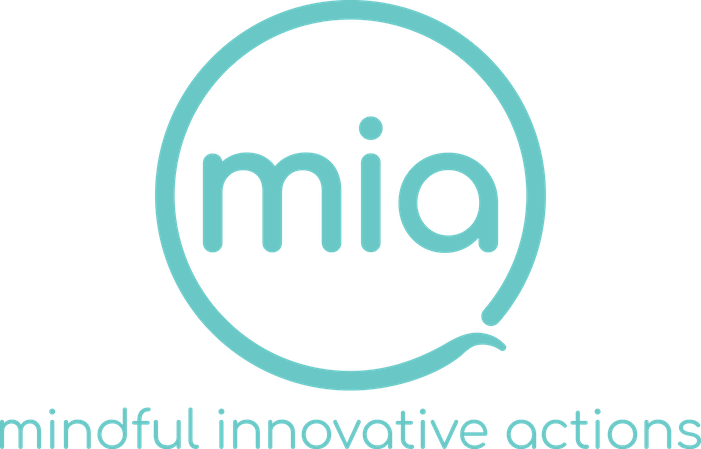Welcome to Mindful Innovative Action
Systems, standards, and sustainability for health practices
Mindful Innovative Action delivers behaviour support services, partners with practitioners, and designs systems that support sustainable, high-quality practice.
Most clinicians are never taught how to design a business. They’re taught how to care for people. Somewhere along the way, they’re expected to absorb knowledge of HR compliance, quality standards, building business systems, risk management, and “best practice”… skills usually gained through panic, Google, or last-minute audit prep.
We do it differently.
At Mindful Innovative Action, we design human-centred systems with health practitioners. That means structures that support clients and practitioners and sustainable growth. We don’t just tick boxes.
We work with practices at different stages. Offering guidance and support so you can setup and grow a practice, as well and done-for-you solutions in the area of quality management. All grounded in our values of calm, ethical, and sustainable practice.
This is not hustle culture.
This is not “wing it and hope.”
This is thoughtful practice design, done properly.
Practice, not just theory
Mindful Innovative Action is not ‘consultancy based on theory’.
Alongside our systems and quality work, we continue to deliver health and disability services as a registered NDIS business. We remain actively engaged, working with participants, navigating real-world constraints, and operating within the same regulatory frameworks as the practitioners we support.
This matters.
It means the systems we design are not hypothetical. They are tested, lived, and refined inside an operating business.
Working with and alongside practitioners
We also partner with other practitioners who work alongside us, utilising our NDIS registration to provide services like specialist behaviour support, psychology, counselling and clinical nursing.
For practitioners this means they are partnering with
an established, quality-managed service
have access to compliant systems and documentation
get practice support, mentoring, and operational structure
have reduced isolation compared to when practising independently
This creates a bridge between independent practice and supported practice, allowing clinicians to focus on their work while being held within a strong ethical and quality framework.
Mindful Innovative Action exists at the intersection of:
service delivery
quality and compliance
practitioner sustainability
Our consultancy and quality programs are informed by active practice.
Our practice is strengthened by the same systems we teach and maintain.
Nothing here is theoretical. Everything is operational.
Our Offerings
We offer distinct programs depending on where you are and what kind of support you need.
If you want to learn and build, start with The Practice Lab.
If you want it handled and maintained, you’re looking for The Quality Desk.
Both sit under the same philosophy. Both are designed to reduce cognitive load and risk. They simply do different jobs.
Our Philosophy
We believe:
Quality should be continuous, not reactive
Compliance should be calm, not fear-based
Systems should support nervous systems, not overload them
Sustainable practices create better outcomes for everyone
Support for individuals
Person-centred, evidence-based behaviour interventions for individuals and their support network. We specialise in working with clients who,
live with dementia,
are neurodivergent
have ‘sexualised behaviours’
We also have partners across Australia who specialise in different types of behaviour support.
We are fully NDIS registered.
Support in the workplace
Customised support to help teams and organisations thrive. We can help,
manage a team dynamic;
provide training / mentoring on how to manage specific workplace behaviours
help make your workplace more neurodivergent friendly.
Clinical Supervision and Training
Professional guidance for behaviour support practitioners at all stages of their careers. Including obtaining registration with the NDIS Commission.
We also provide training on positive behaviour support for organisations and support teams.
Interested in partnering with us?
Are you a qualified behaviour support practitioner or allied health professional looking to start or grow your own practice?
At Mindful Innovative Action MIA we offer a unique partnership model, enabling you to operate under our established NDIS registration while maintaining the freedom to build your own client base and practice. We provide the support and community you need to succeed. We will even support you to apply for your own registration if this is what you want.
Let’s work together to make a positive impact.
Get in touch today to learn more about how we can support you to own your practice.























Supervision is a structured professional relationship where you process cases, strengthen your clinical reasoning, improve your behaviour support skills, and protect your wellbeing and your clients’ dignity. It’s not a performance review. It’s not therapy. And it’s definitely not supposed to be a one-way lecture from someone who last worked clinically during the era of dial-up internet.